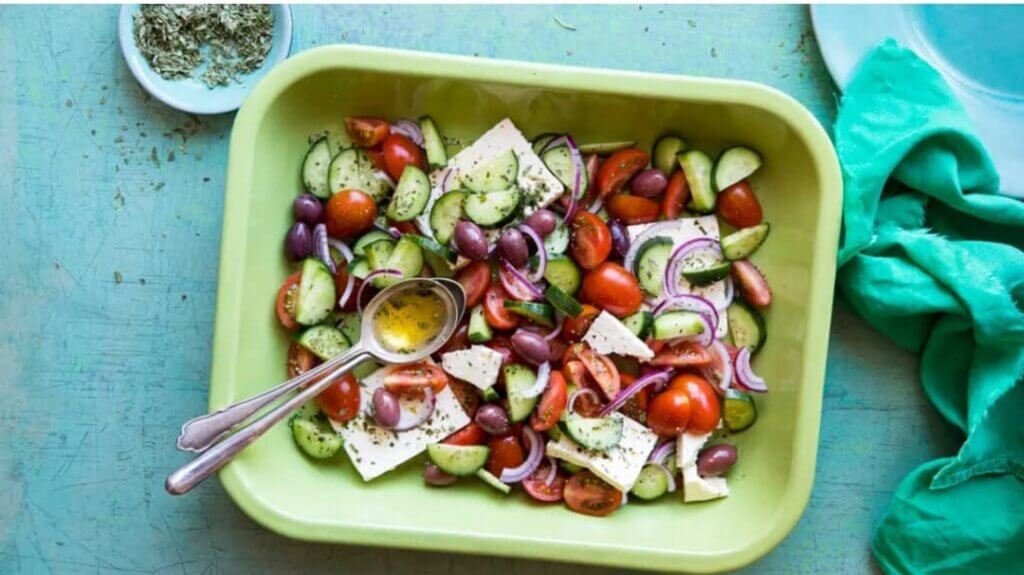Nutrition before a workout plays a crucial role in determining performance and recovery. Consuming the right foods can significantly impact energy levels, endurance, and overall muscle function.
The three primary macronutrients, carbohydrates, proteins, and fats, serve distinct purposes in fueling the body during exercise. Carbohydrates are particularly important, as they are the body’s preferred energy source. When consumed before a workout, carbohydrates help to increase glycogen stores in muscles, providing readily available energy for high-intensity activities.
Proteins, while not a primary energy source, are essential in preparing muscles for exercise. They help prevent muscle breakdown and promote recovery afterwards. Including a moderate amount of protein before workouts can support muscle repair and growth, enhancing overall performance. Fats, in contrast, are a more prolonged energy source that can be beneficial for lower-intensity exercises or longer sessions where endurance is paramount. Incorporating a balance of these macronutrients is key to achieving optimal results.
Read More: The Benefits of Yoga for Mental and Physical Health
Timing also plays a significant role in pre-workout nutrition. Ideally, meals should be consumed 2–3 hours before exercising, as this allows enough time for the body to digest and process the food. If time is limited, a light snack 30–60 minutes before a workout can help, focusing on easily digestible options such as a banana or a yogurt. Striking the right balance between feeling adequately fueled and avoiding discomfort during exercise is critical. Too much food can lead to discomfort, while too little can leave you feeling fatigued and underprepared.
In conclusion, understanding the importance of pre-workout nutrition involves recognizing the impact of various macronutrients and their role in fueling the body. By carefully selecting timing and meal composition, individuals can enhance their exercise performance and optimize recovery.
Best Foods to Consume Before Working Out
Choosing the right foods before a workout can significantly affect energy levels, performance, and overall results. Timing is crucial; therefore, it is essential to categorize food options based on how far in advance they are consumed. The general guideline is to focus on carbohydrates, proteins, and healthy fats to fuel the body adequately.
For those exercising within 30 minutes, the priority should be easily digestible carbohydrates. A banana, a slice of whole-grain bread with a thin spread of peanut butter, or a small energy bar can provide a quick energy boost. Another quick option could be a smoothie made with fruits and a small amount of yogurt. These foods supply readily available energy without causing digestive discomfort during an intense workout.
If you have 1 hour before working out, a more substantial snack that combines carbohydrates and protein can be advantageous. Options include a small bowl of oatmeal topped with berries, Greek yogurt with honey and granola, or a turkey and avocado wrap. These foods not only offer energy but also support muscle function and recovery. Be mindful to keep the portions moderate to avoid feeling heavy during the workout.
Read More: Top 10 Superfoods for Boosting Immunity: Nutrition Guide
For those planning to eat 2-3 hours ahead of their exercise regimen, a balanced meal is ideal. Consider grilled chicken with quinoa and steamed vegetables or a vegetable omelet with whole grain toast. This timing allows ample time for digestion, ensuring energy is available for your workout without discomfort. The combination of macronutrients provides a sustained release of energy, enhancing performance.
In summary, pre-workout nutrition is essential for optimizing exercise performance. By selecting appropriate foods based on timing and composition, individuals can effectively support their energy levels and overall workout experience.
Post-Workout Nutrition: Why It Matters
Post-workout nutrition is essential for individuals looking to maximize the benefits of their training sessions. During exercise, the body undergoes significant stress, leading to the depletion of glycogen stores and muscle microtrauma. Consequently, the right nutrition can play a pivotal role in recovery, enabling optimal performance in subsequent workouts.
One of the primary objectives of post-workout nutrition is to facilitate muscle repair and recovery. Protein is a crucial macronutrient that provides the necessary amino acids needed to rebuild damaged muscle fibers. Consumption of protein shortly after exercise has been shown to enhance muscle protein synthesis, which ultimately leads to improved strength and muscle mass over time. Studies recommend that individuals consume approximately 20 to 30 grams of high-quality protein within 30 minutes to two hours after a workout to promote recovery effectively.
Equally important is the role of carbohydrates in post-workout nutrition. During intense physical activity, glycogen, which serves as the body’s primary energy source, is depleted. Restoring these glycogen levels is vital for replenishing energy stores, especially for those engaging in repeated bouts of exercise. Consuming carbohydrates post-workout aids in recovery by stimulating insulin release, which further aids in the uptake of amino acids into muscle cells. A ratio of 3:1 or 4:1 of carbohydrates to protein is often recommended to optimize glycogen replenishment and muscle recovery.
Another factor to consider is the timing of post-workout nutrition. Research indicates that consuming nutrients soon after completing a workout significantly enhances recovery outcomes. The so-called “anabolic window,” which occurs within two hours post-exercise, is a critical period for nutrient absorption. Therefore, incorporating a nutrient-dense meal or supplementation during this time can lead to better recovery and readiness for future training sessions.
Easy Post-Workout Meal Ideas
Post-workout nutrition is crucial for recovery, as it helps replenish energy stores and supports muscle repair. After an intense workout, it’s recommended to consume a combination of protein and carbohydrates to optimize recovery. Below are some easy meal and snack ideas to consider.
One simple option is a Greek yogurt parfait. Layer Greek yogurt, which is high in protein, with fresh fruits like berries and a sprinkle of granola for added carbohydrates. This combination not only boosts protein intake but also offers essential vitamins. Another quick idea is a banana with almond butter. The banana provides carbohydrates for energy replenishment, while almond butter adds healthy fats and protein.
If you prefer a warm meal, try making a chicken stir-fry. Sauté lean chicken breast with a mix of colorful vegetables like bell peppers and broccoli. Serve it over brown rice or quinoa to create a well-rounded post-workout dish rich in protein and carbohydrates. For those who enjoy plant-based meals, a chickpea salad can be an excellent alternative. Combine chickpeas with diced cucumbers, tomatoes, and a drizzle of olive oil and lemon juice for a refreshing and nutritious post-workout option.
Learn More: What to Eat Before You Train
Meal prepping can simplify healthy eating after workouts, especially for individuals with busy schedules. Prepare larger batches of these meals in advance, storing them in the refrigerator or freezer for easy access. This approach not only saves time but also encourages adherence to healthy eating habits. Having nutritious meals ready to go will ensure that you are well-fueled after every workout, aiding in recovery and overall performance.
By incorporating these easy post-workout meal ideas, you can efficiently support your nutrition needs while maintaining a balanced diet tailored to your lifestyle and preferences.



Pingback: ATPN Endorses Things Fall Apart Festival 2025 | Nays Blog Africa